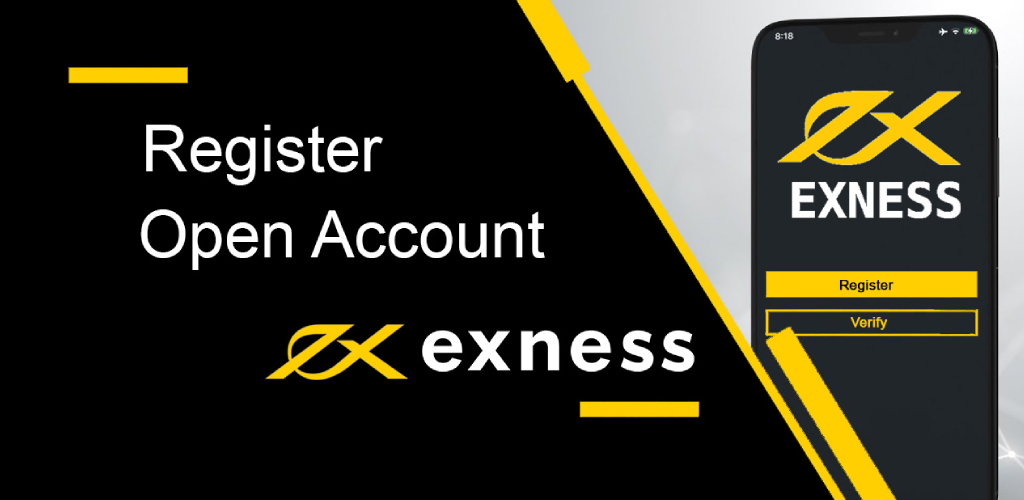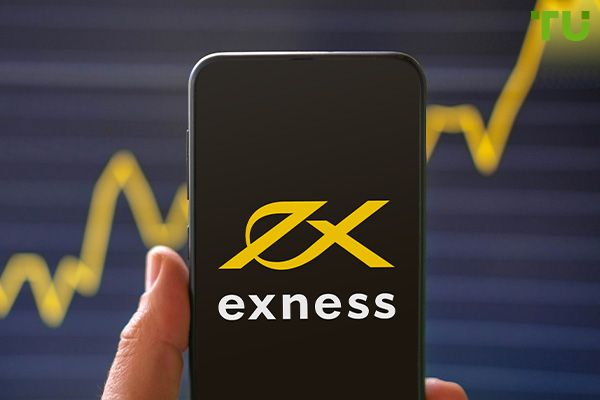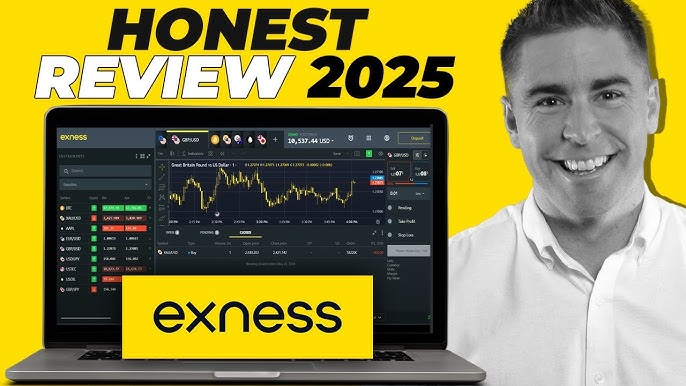
Understanding Competitive Exness Fees
When it comes to trading in the fast-paced financial markets, understanding the underlying costs is crucial for making informed decisions. Among many brokers, Exness stands out for its competitive fees and flexible trading conditions. In this article, we will explore the various types of fees associated with Exness, and how they compare to other brokerage platforms. For more information, consider visiting Competitive Exness Fees Exness Việt Nam.
Types of Fees Charged by Exness
Exness, as a global broker, applies various fees depending on the trading account type and the instruments being traded. Here are the main categories of fees that traders should be aware of:
1. Spreads
The spread is the difference between the bid and ask price of a financial instrument. Exness offers competitive spreads, which can vary depending on market conditions and the account type. The company provides both fixed and variable spreads, catering to different trading strategies. Fixed spreads remain the same regardless of market fluctuations, while variable spreads can widen or narrow based on market volatility.
2. Commissions
While many brokers charge a commission on each trade, Exness adopts a more flexible approach. Depending on the account type, traders might incur a commission per trade, especially in raw spread accounts. It’s vital for traders to analyze their trading volume and assess whether they benefit more from a commission-based or a spread-based model.

3. Swap Fees
Swap fees, also known as overnight fees, are charged when positions are held open overnight. Exness applies swap rates in accordance with Islamic finance principles for traders using Swap-Free accounts. These rates can vary widely based on the asset being traded and market dynamics, which can affect a trader’s overall cost of holding positions for extended periods.
4. Deposit and Withdrawal Fees
Another essential aspect of trading costs is the fees associated with deposits and withdrawals. Exness offers multiple payment methods and most allow for zero-cost deposits. However, withdrawal fees can depend on the chosen method. It is important for traders to review the specific fees associated with each payment option to minimize costs.
5. Inactivity Fees
Exness does not charge inactivity fees, making it a suitable option for traders who may not engage in regular trading. This is an attractive feature compared to many competitors that impose fees for dormant accounts, thereby ensuring that traders can maintain their accounts without incurring additional costs.
Comparing Exness Fees with Competitors
To assess whether Exness provides competitive pricing, it’s critical to compare its fees with other brokers in the industry. Many platforms may charge equally or provide varied fee structures depending on account types and leveraged products. Here’s how Exness stacks up:
1. Spread Comparison

When analyzing spreads, Exness often outperforms many competitors, particularly in the forex market. While some brokers provide tight spreads during optimal trading conditions, Exness maintains consistently low spreads, making it attractive for day traders and scalpers.
2. Commission Structures
In comparison to brokers that enforce high commission fees per trade, Exness’s approach—allowing traders to choose between account types with varied fee structures—affords flexibility. Traders can customize their trading experience based on their unique strategies and preferences.
3. Overall Cost Efficiency
Ultimately, the best way to evaluate Exness’s competitiveness is through overall cost efficiency considering all fees—spreads, commissions, swaps, deposit and withdrawal charges. Traders should assess their respective trading habits and volume to calculate potential profit margins to determine the most cost-efficient broker for their needs.
Conclusion: Making Informed Decisions
Understanding competitive Exness fees is essential for traders looking to enhance their trading journey and maximize profitability. As with any trading platform, it’s essential to evaluate all associated costs systematically. By choosing an account type that aligns with one’s trading strategy, evaluating spreads and commissions, and factoring in deposit and withdrawal fees, traders can navigate the intricacies of the market with more confidence.
Before opening an account, potential traders are encouraged to conduct thorough research and consider demo trading to get a clearer picture of fee structures and the overall trading experience Exness offers.


Leave A Comment